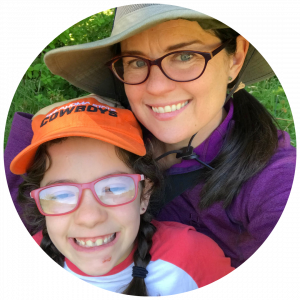
Contributed by Emily Felt
Hi PWSA Community!
Every month, I collaborate with the PWSA communications team to contribute ideas that enhance the remarkable ways PWSA educates and supports our community. Like many volunteers, I am also a mother to an adorable 11-year-old girl named Olivia, who is living with PWS.
In addition to my volunteer work, I am a writer, coach, and mindfulness and meditation facilitator. Today, I’m stepping out of my comfort zone to share some invaluable tools that have significantly aided me on this unexpected PWS journey, ultimately helping me become a better human being.
Let’s talk about meditation and mindfulness. Meditation, a practice dating back over 3000 years, involves intentionally focusing your attention to induce feelings of calm, awareness, and heightened energy. While there are various meditation techniques, it typically involves sitting with closed eyes in a quiet place with minimal distractions (sound like a PWS household? lol). Through meditation, we can explore deeper aspects of ourselves, gaining insights that bring meaning to our PWS journey. Scientific studies confirm that meditation reduces stress, promotes calmness, and enhances overall happiness.
Mindfulness is closely related to meditation but seamlessly integrates into daily life. It revolves around cultivating greater awareness of your actions, feelings, emotions, as well as your surroundings and interactions. Picture standing in the middle of a rushing river, recognizing the chaos, and stepping onto the banks to observe and take a moment to rest. Mindfulness is tremendously useful in navigating the emotional roller-coaster often associated with PWS. Scientific studies also highlight the benefits of incorporating mindfulness into our lives.
As a PWS mom, I’ve utilized both meditation and mindfulness to manage stress, stay focused, and prioritize self-care. Establishing a 20-minute meditation practice several years ago resulted in increased energy throughout my day. Additionally, I integrate mindfulness into my daily routine, pausing to check in with my body, calm my breathing, and observe the details of my surroundings when frustration or racing thoughts arise. Sometimes we want to feel good so bad that we avoid our feelings and emotions, when in fact those are really the only things we have much power to shift, but we have to recognize them first. Mindfulness and meditation are ways to do that. These tools are essential coping mechanisms, reminding us that we don’t have to manage situations; we only need to handle how we feel about them.
While self-care practices like these are easy to learn about, most people have a hard time starting and sustaining them. It’s also common to question the efficacy of such simple tools.
You can watch Emily’s Instagram Live recording by clicking here: Supporting Your Emotional Well-Being
Share this!

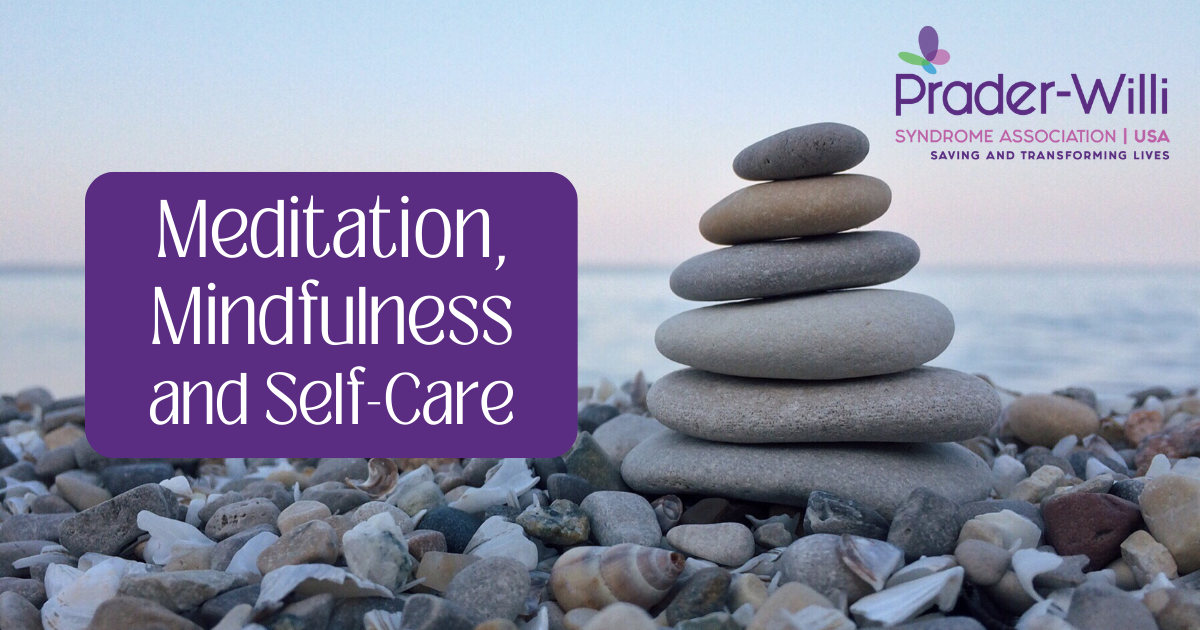
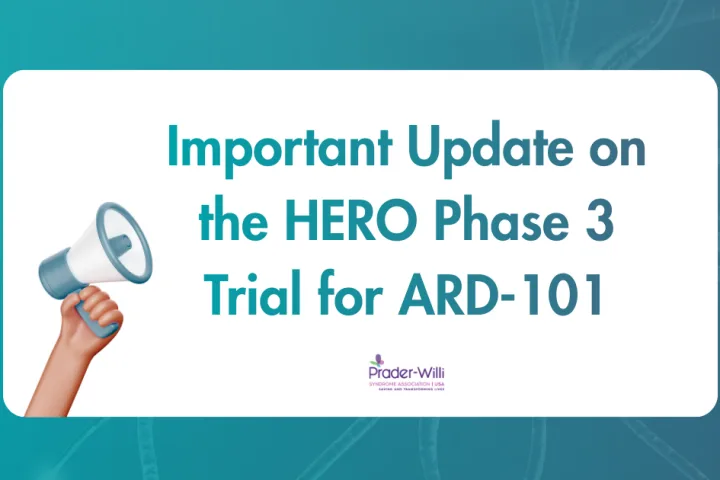
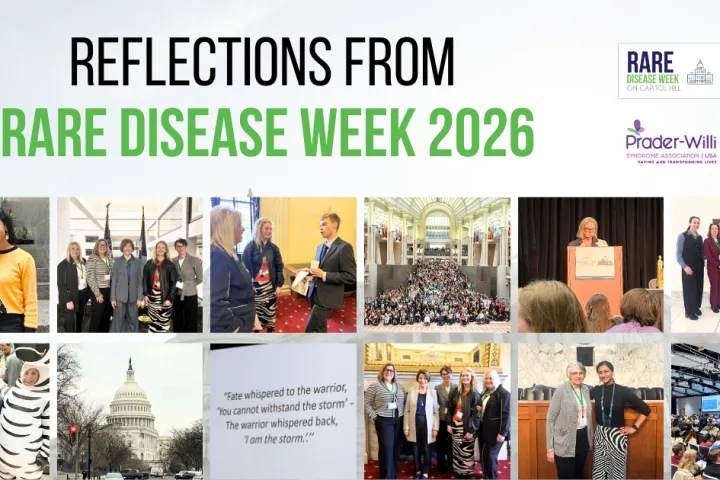
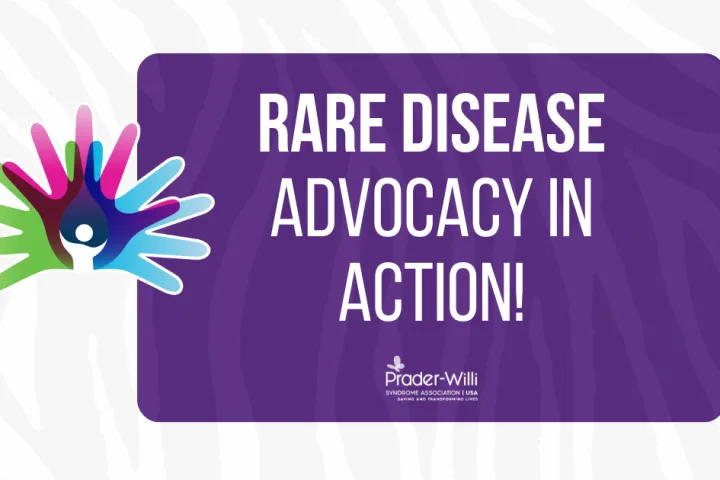
 Perry A. Zirkel has written more than 1,500 publications on various aspects of school law, with an emphasis on legal issues in special education. He writes a regular column for NAESP’s Principal magazine and NASP’s Communiqué newsletter, and he did so previously for Phi Delta Kappan and Teaching Exceptional Children.
Perry A. Zirkel has written more than 1,500 publications on various aspects of school law, with an emphasis on legal issues in special education. He writes a regular column for NAESP’s Principal magazine and NASP’s Communiqué newsletter, and he did so previously for Phi Delta Kappan and Teaching Exceptional Children. Jennifer Bolander has been serving as a Special Education Specialist for PWSA (USA) since October of 2015. She is a graduate of John Carroll University and lives in Ohio with her husband Brad and daughters Kate (17), and Sophia (13) who was born with PWS.
Jennifer Bolander has been serving as a Special Education Specialist for PWSA (USA) since October of 2015. She is a graduate of John Carroll University and lives in Ohio with her husband Brad and daughters Kate (17), and Sophia (13) who was born with PWS. Dr. Amy McTighe is the PWS Program Manager and Inpatient Teacher at the Center for Prader-Willi Syndrome at the Children’s Institute of Pittsburgh. She graduated from Duquesne University receiving her Bachelor’s and Master’s degree in Education with a focus on elementary education, special education, and language arts.
Dr. Amy McTighe is the PWS Program Manager and Inpatient Teacher at the Center for Prader-Willi Syndrome at the Children’s Institute of Pittsburgh. She graduated from Duquesne University receiving her Bachelor’s and Master’s degree in Education with a focus on elementary education, special education, and language arts. Evan has worked with the Prader-Willi Syndrome Association (USA) since 2007 primarily as a Crisis Intervention and Family Support Counselor. Evans works with parents and schools to foster strong collaborative relationships and appropriate educational environments for students with PWS.
Evan has worked with the Prader-Willi Syndrome Association (USA) since 2007 primarily as a Crisis Intervention and Family Support Counselor. Evans works with parents and schools to foster strong collaborative relationships and appropriate educational environments for students with PWS. Staci Zimmerman works for Prader-Willi Syndrome Association of Colorado as an Individualized Education Program (IEP) consultant. Staci collaborates with the PWS multi-disciplinary clinic at the Children’s Hospital in Denver supporting families and school districts around the United States with their child’s Individual Educational Plan.
Staci Zimmerman works for Prader-Willi Syndrome Association of Colorado as an Individualized Education Program (IEP) consultant. Staci collaborates with the PWS multi-disciplinary clinic at the Children’s Hospital in Denver supporting families and school districts around the United States with their child’s Individual Educational Plan. Founded in 2001, SDLC is a non-profit legal services organization dedicated to protecting and advancing the legal rights of people with disabilities throughout the South. It partners with the Southern Poverty Law Center, Protection and Advocacy (P&A) programs, Legal Services Corporations (LSC) and disability organizations on major, systemic disability rights issues involving the Individuals with Disabilities Education Act (IDEA), Americans with Disabilities Act (ADA), and the federal Medicaid Act. Recently in November 2014, Jim retired.
Founded in 2001, SDLC is a non-profit legal services organization dedicated to protecting and advancing the legal rights of people with disabilities throughout the South. It partners with the Southern Poverty Law Center, Protection and Advocacy (P&A) programs, Legal Services Corporations (LSC) and disability organizations on major, systemic disability rights issues involving the Individuals with Disabilities Education Act (IDEA), Americans with Disabilities Act (ADA), and the federal Medicaid Act. Recently in November 2014, Jim retired.